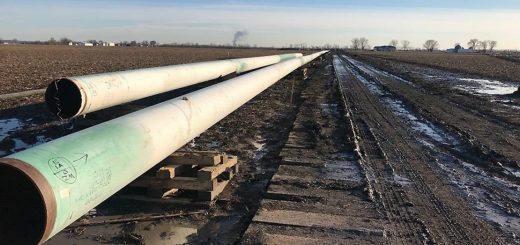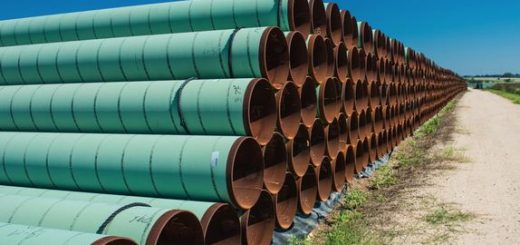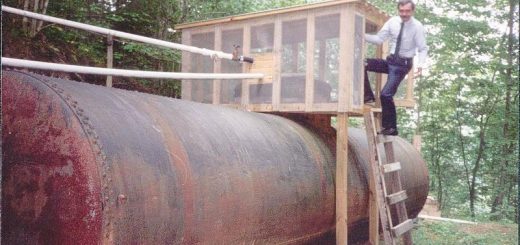Opinion: Federal Energy Regulatory Commission needs a reboot
Author: Ashish Solanki
Published: January 8, 2021
The following is a contributed article by Ashish Solanki, an Energy Finance Research Associate at the Institute for Energy Economics and Financial Analysis.
The Federal Energy Regulatory Commission (FERC), an independent agency within the Department of Energy responsible for regulating the interstate transmission and sale of electricity and natural gas, needs a massive revamp. The incoming Biden Administration would do well to look for new leadership.
The need for a different approach is especially evident when it comes to gas pipeline approvals. FERC is neglecting to analyze significant energy market changes and continuing to rely on a flawed assumption that the mere existence of a contract to supply gas implies “public need” for a pipeline.
FERC has not only failed to fulfill its statutory responsibilities, but also has continued to make costly and environmentally harmful decisions. Three major pipeline projects — the Constitution, Northeast Supply Enhancement Project and Atlantic Coast Pipeline — were scrapped in 2020 after being approved by the commission. These fiascos could have been avoided if FERC had analyzed the energy market’s needs more efficiently.
The U.S. energy market has undergone significant changes since FERC last updated its guidelines for approving pipelines in 1999. When the guidelines were adopted, natural gas was seen as a relatively scarce resource. The commission’s decisions were made with the goal of increasing the availability and supply of the gas; very few large-scale energy alternatives to natural gas existed.
During the last decade, however, excessive production of natural gas has created a surplus that has vastly exceeded demand. At the same time, renewable energy and energy efficiency technologies have gained momentum, and the renewable energy industry has grown considerably. Renewables are competing directly with the natural gas industry for cheaper and more efficient energy production. This has changed the calculation of necessity for natural gas project proposals.
But FERC does not conduct any independent financial or energy assessment for specific pipeline proposals to determine current market conditions. The agency fails to scrutinize demand forecasts to see if new pipelines are actually needed. Instead, the commission makes its decisions about necessity on the flawed premise that once a company decides to make a capital investment in a pipeline project and signs up future customers for its gas, then a public need for the pipeline exists. It assumes companies conduct a diligence process that meets investment standards and that a decision to risk private money is the only necessary measure of public need.
Such reliance on the judgment of pipeline developers is completely misplaced. Technological, geopolitical, supply, demand, and price changes have combined with legal and public policy activity to increase the financial risks to U.S. pipeline producers, utilities that purchase the gas, and ultimately, ratepayers.
In addition to failing to conduct its own independent energy market research and pipeline assessment, FERC’s current practices hurt landowners where the pipelines are built. The Natural Gas Act allows private pipeline developers to condemn land in the chosen pipeline path, even if the project is being built for the benefit of foreign companies. The law is supposed to only give developers this power after FERC has reviewed the necessity of the project, but the commission is failing to conduct rigorous reviews.
The changing face of today’s energy market — coupled with the adverse impacts of FERC’s approach to pipeline approval on ratepaying consumers, landowners affected by use of eminent domain, and the overall economy — makes a compelling case for deeper scrutiny and earlier, more vigorous analysis of proposed pipeline projects.
A new FERC chairman and commissioners should be appointed who are willing to take into account today’s market realities and who better understand the public interest.

























































